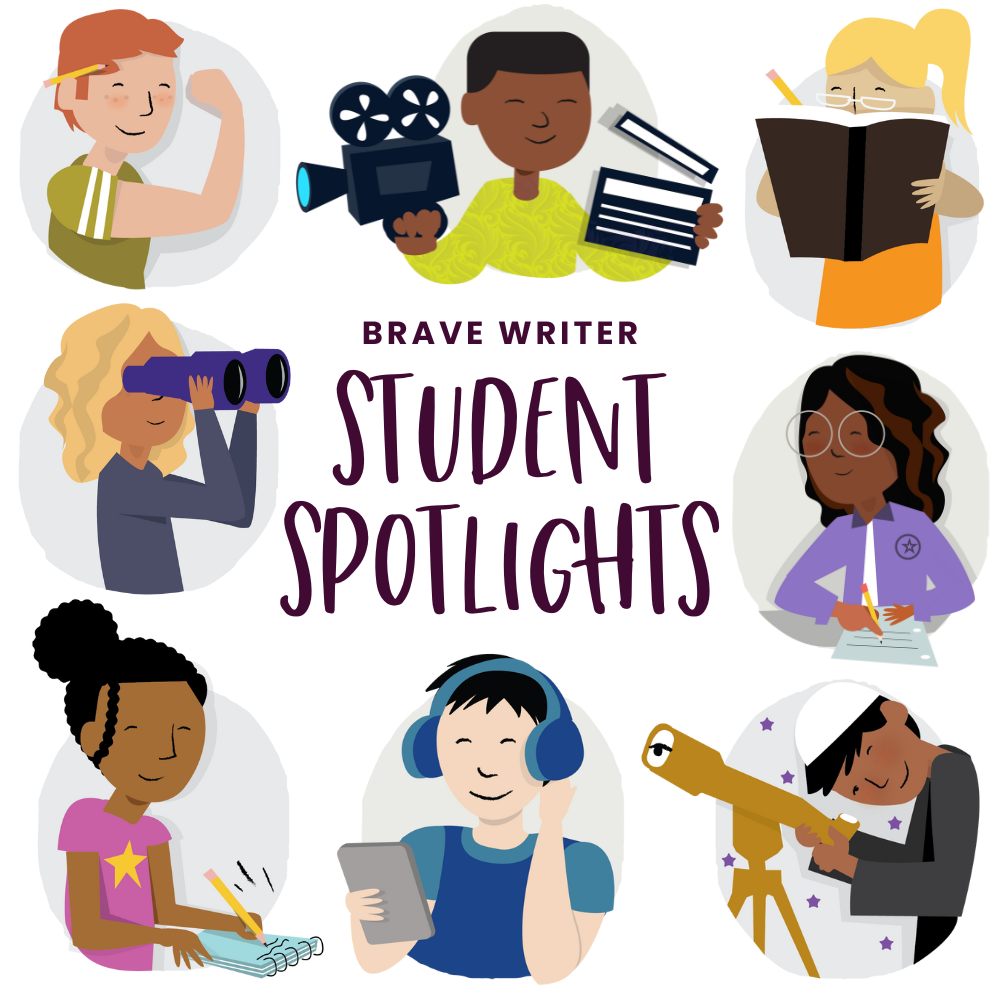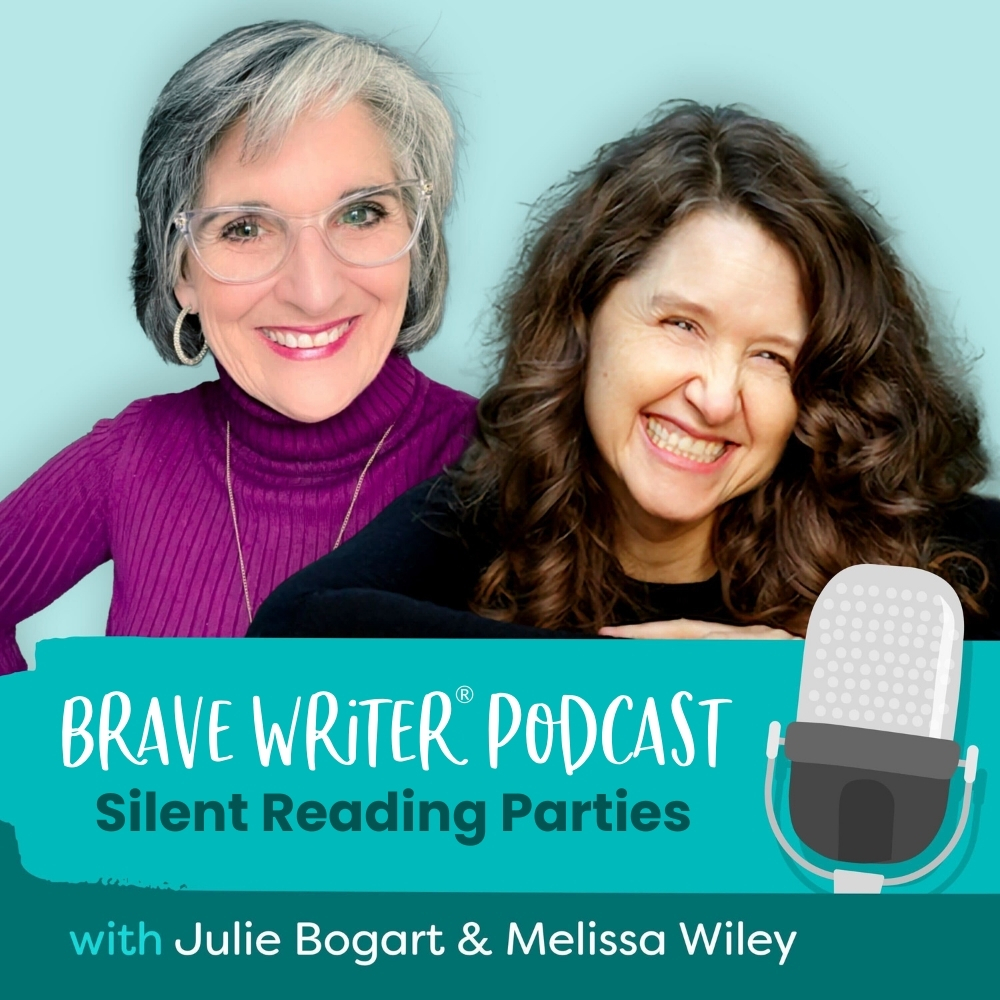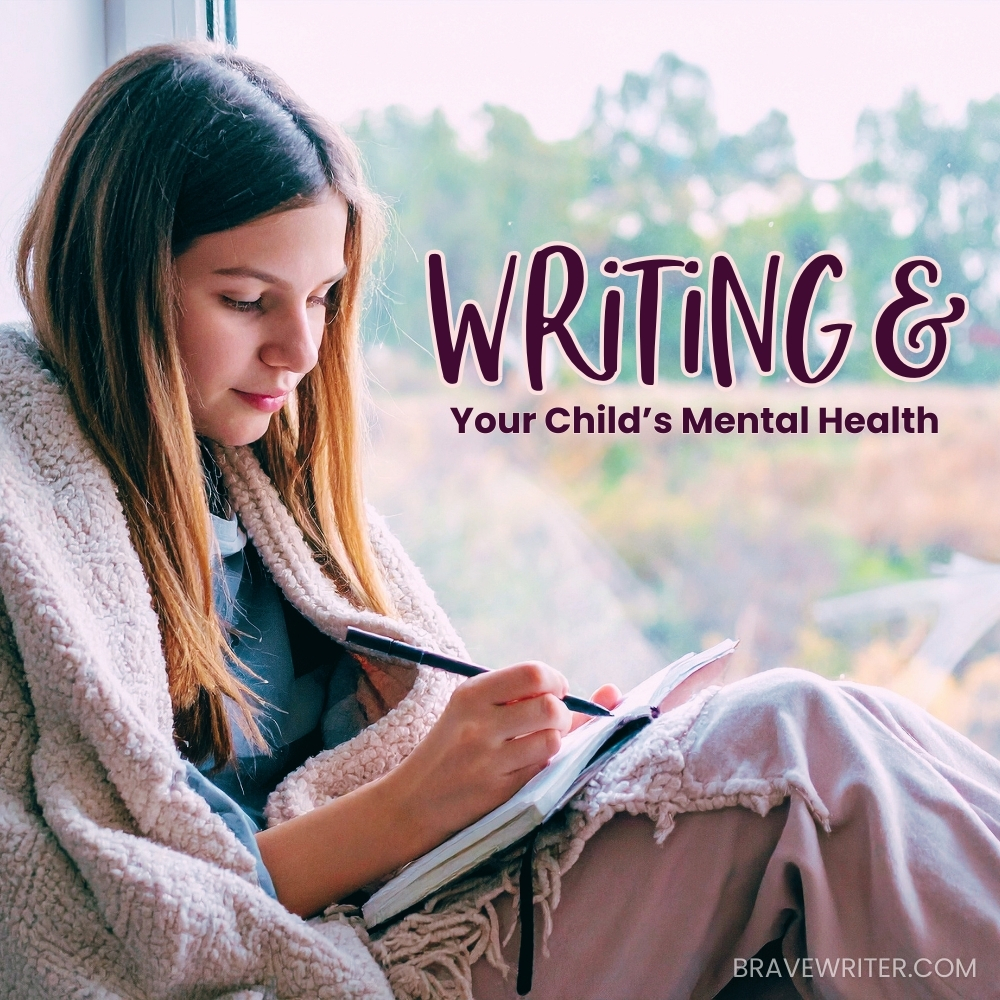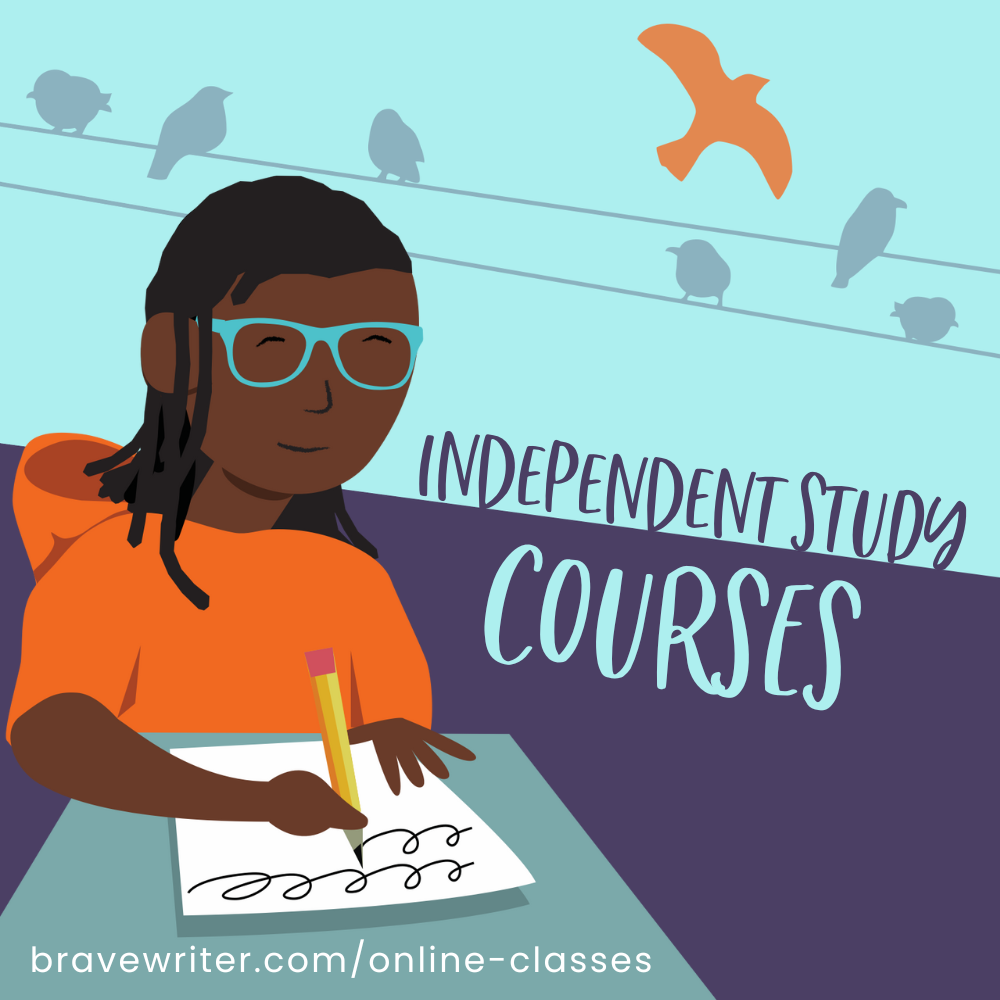
Need inspiration? Here’s a look at some of our amazing Brave Writers!
Beginning Writers (ages 5-7)
- Connecting with Kids’ Authentic Voices
- Peter Rabbit Inspired
- Animal Mini Books
- Ben, Alex, and Katey
- The Emperor’s New Clothes
- A Fun Exercise
- A Boy and the Mysterious Clock
- The real gifts of the season
- Revision: Creating a New Lens
Emerging Writers (ages 8-10)
- Cinderella Lap Book
- Creativity Is Contagious
- “Now he wants to be a writer.”
- A Story within a Story and Parenthetical Asides
- Wacky Revision
- The Winter’s Head
- Inspired to Write
- Easing Our Way Back
- Revision Example
- “The funniest way to do dictation EVER”
- Free Verse Success!
Middle School Writers (ages 11-12)
- Sonnet of the Seasons
- Freewriting: How it’s done!
- Keen Observation: Sombrero
- Missing My Friend
- Poetry on the Racquetball Court
- Partnership Writing Activity
- Partnership Writing in Action!
- Passion and Partnership
- Rebagrace
- Wild Words
- Fairytale Writing Assignment
- A Fantasy Football Cinquain!
- A New Model for Teaching Writing
- An Inspiring Young Author – Podcast with Mason Lawler
High School Writers & College Prep (ages 13-18)
- Don’t be a Perfectionist & Other Advice for Young Writers
- Help for High School Success
- Observation of an Orange!
- “She flew with it”
- From Tears to Young Author
- How Home Education Has Made Me The Person I Am
- Reading the Classics
- A College Essay that Works
- Transformation!
- “What feelings and memories do I associate with writing?”
- Revision Tactic: Change the Order
- Brave Writer and the College Admission Essay
- “The beautiful art it truly is”
- Congrats to Our Graduating Seniors
- Passion for Writing


























